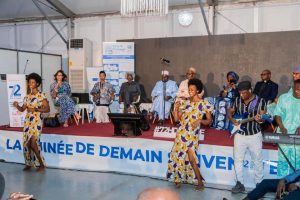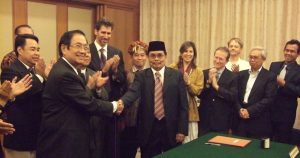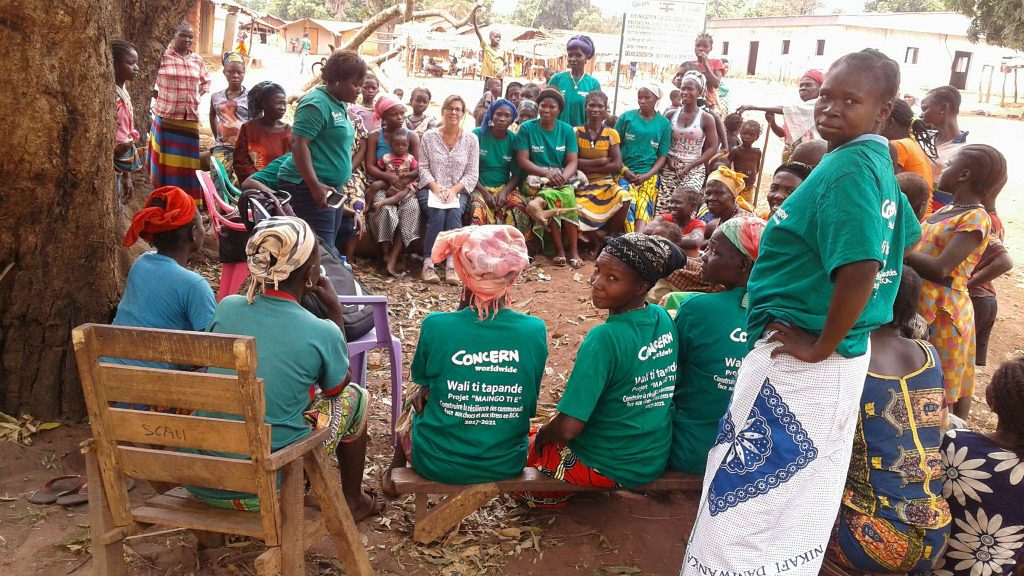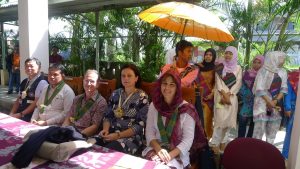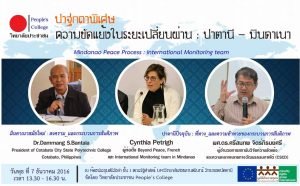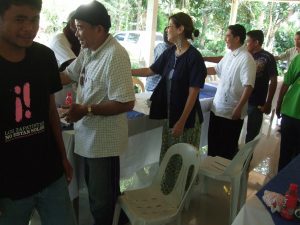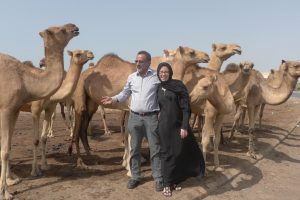Beyond peace supports mediation and peace processes, through
- Conducting conflict analyses with recommendations on entry points for peacebuilding and humanitarian access
- Building trust and fostering meaningful dialogue across diverse stakeholder groups
- Supporting drivers of positive change including women’s participation.
In the past four years, we were deployed as peace and devlopment advisor (PDA) for the United Nations in Guinea and Nepal, where we contributed to:
- The sound analysis of complex situations by providing conflict analysis and strategic advice on risk and resilience as well as geopolitical dimensions, to UN top officials (SRSG, Resident Coordinator, UN Country Team, DPPA
- The identification of opportunities to build national capacities for conflict prevention including areas of strategic programmatic and policy engagement with national stakeholders, in areas of conflict prevention, peacebuilding, national reconciliation, Women, Peace and Security (WPS) and Youth, Peace and Security (YPS)
- Grounding our peace work in culture through the development of “Peace through Cutlure” and ‘Dialogues Under the Kapok Tree” programmes.
Trained in conflict resolution, Beyond peace Founder has worked in direct support of Track I talks (as a member of the International Contact Group for the peace talks on Mindanao) and in numerous other dialogue processes and support to transitions and to civil society and women’s groups, such as the National Dialogue in Yemen. Today at Beyond peace she continues this support work to conflict affected countries and societies in transition.
——-
On behalf of NGO Concern Worldwide, Beyond peace Cynthia Petrigh and Arsène Gassi conducted a field research in 3 provinces of the Central African Republic (CAR) in February 2018, in order to better understand conflict and gender dynamics in these regions as well as how communities cope with disaster.
After surveying the 3 sous-Préfectures in Ombella M’poko and Lobaye, we ran a strategic workshop for the NGO expatriate and national staff and produced a contextual analysis, a strategy document and programmatic recommendations in view of integrating Gender, Peacebuilding and DRR.
Unsurprisingly, in the surveyed provinces as in other parts of the conflict affected country, poverty, sever gender inequalities, conflict, poor access to education as well as the inconducive mining environment were found to be hampering communities’ development. At the same time, these communities experience a relative level of calm, or negative peace. While this is mainly due to the current control by one armed group only, it can provide the space for a transformative intervention. The question of the return of the Muslims inhabitants is still pending, as are the prospects for women’s participation.
We wish Concern team full success in their 5-year programme aiming at enhancing communities resilience to disasters and conflict and fighting gender-based violence. This ambitious project complements other interventions in the region (WASH, Food for work, etc). The agency is well-placed to successfully implement this project, which could become a model for other regions in CAR.
—
In October 2017, we participated on behalf of the Organisation for Security and Cooperation in Europe (OSCE) and in collaboration with the Toledo international Centre for Peace (CiTPAX) and the Spanish MOFA, in the training: “Mediation and conflict resolution from a gender perspective” for women from Albania, Bosnia, Egypt, France, Israel, Italy, Jordan, Lebanon, Libya, Spain and Tunisia and involved in mediation efforts in their countries.
At the invitation of People’s College in Patani, Thailand, we conducted a 4-day visit in the Deep South in December 2016 in order to meet with civil society, academics and security sector involved in the peace efforts for the region. The highlight of the visit was the Conference held at Prince of Songkla University on the theme of Monitoring, which focused on the comparative case study of Mindanao, Philippines. We would like to express our gratitude to People’s College and all the personalities met for their excellent hospitality and for the quality of the conversations we had.
At the invitation of the UNSSC, Cynthia Petrigh from Beyond peace co-facilitated a training workshop on conflict analysis for the UN Support Mission in Libya (UNSMIL) in April 2016 and another training workshop on conflict analysis for the UN Multidimensional Integrated Stabilization Mission in Mali (MINUSMA) in May. Participants were introduced to the main conflict analysis tools, and used them to reflect on some of the root causes of the conflicts they are confronted with, the different peace and security actors as well as the opportunities for peace in both situations.
Beyond peace was contacted by Burkina Faso’s “Balai Citoyen” for support in organizing the nonviolent transition from Blaise Compaoré’s regime to a democratic one. A specific request was expressed for training on international norms and standards, for CSOs and the security sector. While studying partnerships and funding possibilities we are accompanying this group in its democratic transition.


